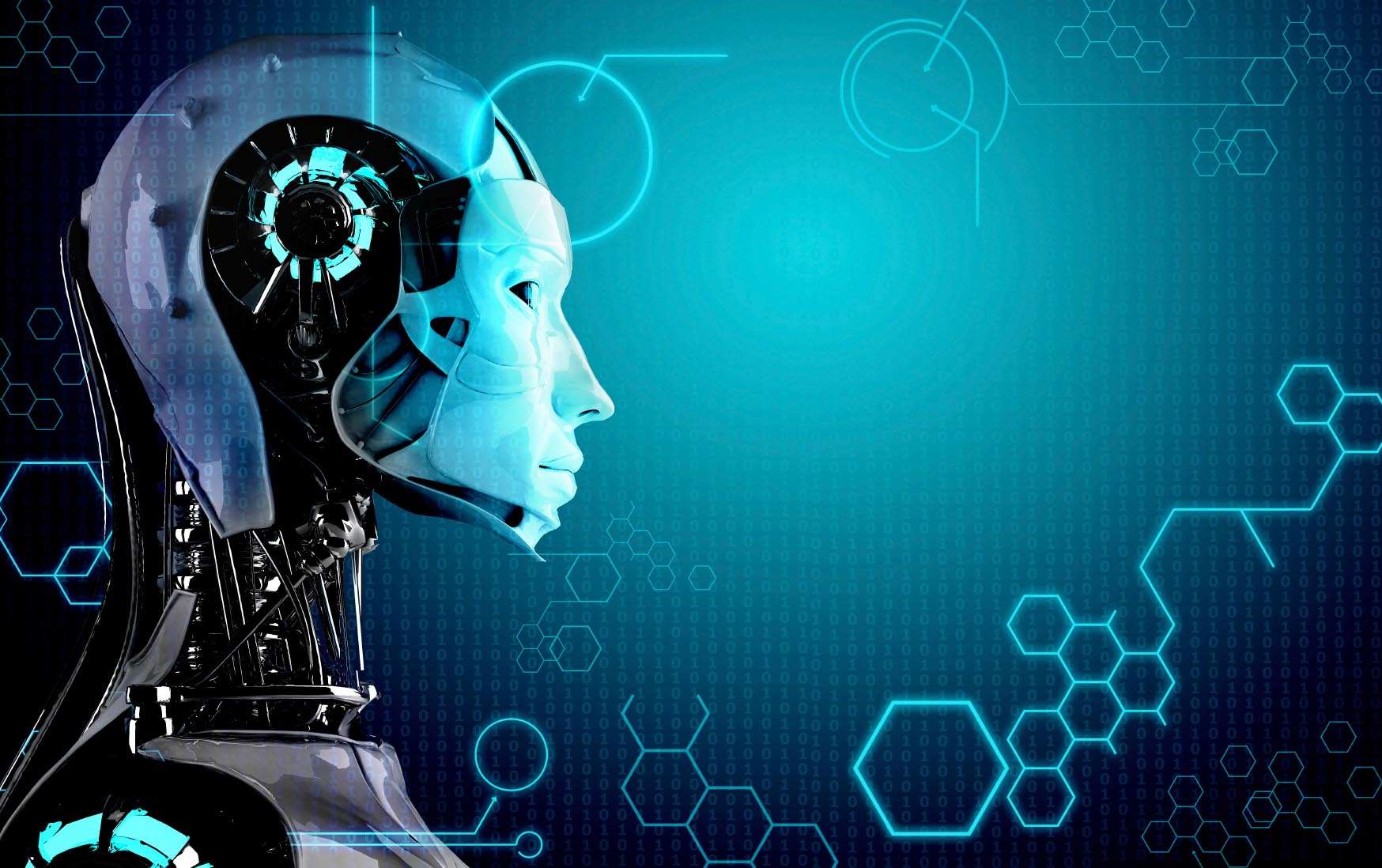The world has its second $1 billion artificial intelligence research initiative in a month with some of the world’s top entrepreneurs banding together to form OpenAI.
OpenAI’s backers represent a who’s who of the world’s top entrepreneurs: think Tesla CEO Elon Musk, LinkedIn co-founder Reid Hoffman, Y Combinator’s Jessica Livingston and Sam Altman and PayPal co-founder Peter Thiel.
There’s also a couple of corporate backers – Amazon Web Services and Infosys.
Though questions have been raised on what influence they might have on OpenAI’s direction, at least Infosys CEO Vishal Sikka has come to the table on that count: none at all.
In short, Sikka believes OpenAI fits with Infosys’ ethos and the company will indirectly benefit from any discoveries it makes.
OpenAI’s creation comes only a month after Toyota decided to become a major AI player in its own right via a $1 billion investment of its own into a new research institute, co-located on Stanford and MIT university campuses.
There are a couple of key differences between Toyota and OpenAI’s billion-dollar projects.
One difference is that Toyota’s funds will be spent much faster: the carmaker plans to spend it all within five years, whereas OpenAI “expect to only spend a tiny fraction of [its total $1 billion commitment] in the next few years.”
The other key difference is OpenAI is being run as a non-profit “research company” – with the company making clear it wants advancements in the public domain.
“Because of AI's surprising history, it's hard to predict when human-level AI might come within reach,” the firm’s founders said.
“When it does, it'll be important to have a leading research institution which can prioritize a good outcome for all over its own self-interest.
“[Our] researchers will be strongly encouraged to publish their work, whether as papers, blog posts, or code, and our patents (if any) will be shared with the world.
“We'll freely collaborate with others across many institutions and expect to work with companies to research and deploy new technologies.”
OpenAI believed it would be better placed to “focus on a positive human impact” for AI research if those performing the research remained “free from financial obligations”.
And it seemed outside commentators agreed.
“Many within the field, myself included, have become increasingly concerned that a lot of great research in AI is being ‘locked up’ in for-profit companies like Google, or in patents, or possibly worse still, in commercial secrets,” UNSW artificial intelligence Professor Toby Walsh said.
“I would only support this venture if such an openness was a fundamental requirement!,” Infosys’ Sikka added.
“In all my experience with corporate research teams, I found a continual struggle for the teams to find relevance with the work in the ‘here and now’, usually knowing that this unnecessary and premature seeking of relevance not only blinds us to those opportunities that can shift our paradigms, it defeats the point of research.”
Success depends on data
While OpenAI’s ethos to share code and patents was “admirable”, University of Sheffield Professor of Machine Learning Neil Lawrence said that “making algorithms available isn’t necessarily as useful as one might think.”
Writing in The Guardian, Lawrence said the real value in any AI algorithm would come from feeding reams of data into it that it can learn from.
“Even before they start, an open question for OpenAI is how will it ensure it has access to the data on the necessary scale to make progress?” Lawrence said.
The Allen Institute for Artificial Intelligence appeared to agree, posting a callout for open data sets that OpenAI researchers might be able to harness.
Open AI needs #opendata. H/T @lawrennd AI2's dozen open data sets here: https://t.co/TpA8bbJHeV. More coming soon. pic.twitter.com/n3ija0jDKI
— Allen Inst. for AI (@allenai_org) December 14, 2015
Aside from access to data, OpenAI’s size compared to larger commercial players – it has nine staff - in the AI space could also put it at a disadvantage.
“A staff of nine is likely to struggle to compete with the resource that Google, or Baidu, or Facebook, or Microsoft have to throw at some of these problems. And they're not the only game in town,” Walsh said.
“In any case, I wish ... the OpenAI team all the best of luck in their new endeavour. These are interesting times for AI research.”









